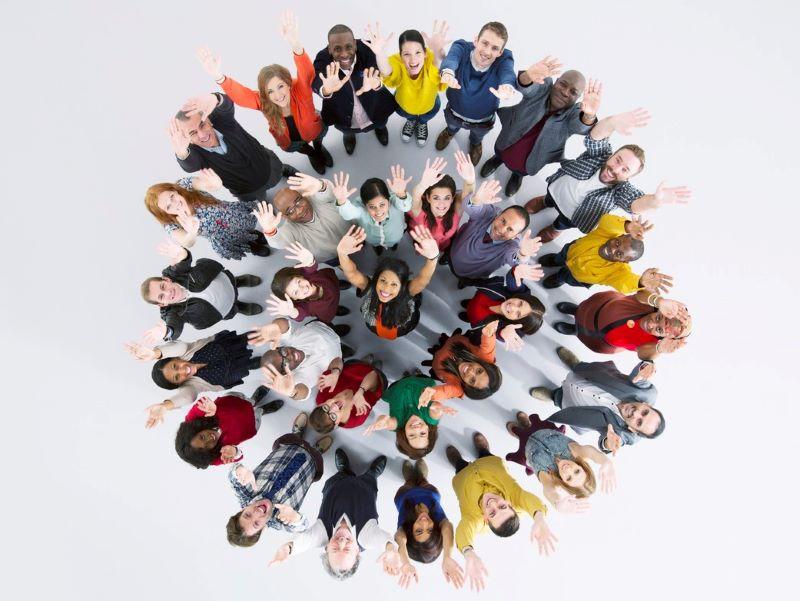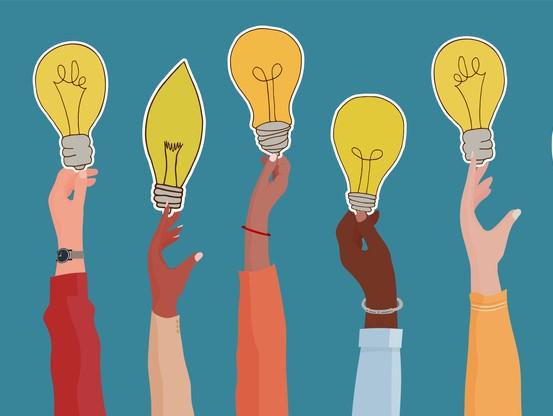Acknowledgement of Country: In the spirit of decolonisation, we begin by acknowledging that this article was written on the lands of the Bunurong/Boonwurrung people of the southern Kulin Nation. We acknowledge their ongoing connections and custodianship to land, seas, skies and the longest continuous human community, and that sovereignty has never been ceded.
Decolonisation is a complex, contentious and messy process requiring disruption and change at multiple levels of society. There is no one model or approach, and tensions exist in how to do it or whether it is even possible. However, the overall aim is to decentre colonial power and knowledge.
By decolonisation we mean restoring First Nations/Indigenous lands and lives and decentring invader/settler/colonial power and ways of knowing, being and doing.
- Collection: Decolonising the curriculum
- Decolonising the curriculum through collaboration, partnership and dissemination
- Comfort without coddling: how to make students comfortable in the classroom
In higher education, a powerful colonising institution, decolonising can happen at the interface of the personal and professional. This means there is internal (self) work to do as well as external (others, systems). Our research has helped us to tease out three levels to influence and hence three steps towards decolonisation: the personal, the curriculum (units/courses) and the institutional.
In this article, the first in a series of three, we report on the personal.
Decolonising yourself is the place to start
Growing interest in decolonising practices in education, curriculum and teaching has opened a space to dismantle power structures and challenge racism, with a priority on racism towards First Nations peoples. Yet for many educators this is a daunting task because these complex ideas are poorly understood in action. If this is the case, then the personal must be the place to start. In short, this is work from the inside out, work that many First Nations peoples have constantly been asking to happen.
Here are suggestions about how to do this.
Context is important (know your place/places)
In Australia, the legacy of colonialism looms large with poor health outcomes, high incarceration rates and low educational attainment among Indigenous people still the norm. This is despite efforts to close the gap and a national apology. As teacher educators working in health and physical education (HPE) in a time of truth-telling, anti-racism and curriculum reform, we asked ourselves: “How do we stop this?” We landed on decolonising our work in initial teacher education (ITE).
Positionality is important (acknowledge your history, positionality and privilege)
We are both of white European coloniser/settler heritage, born in Australia, and with queer(ing), gender-diverse and anti-oppressive dispositions. We are moved emotionally to do something about injustice. We are committed to anti-racism. We are both experienced educators tasked with supporting curriculum enactment and building the capacity of future teachers.
In the Australian curriculum and teacher education context, this includes unlearning and relearning our Australian history, revising our epistemic inheritance and privilege, learning from First Nations to respect and (re)concile for a collective “better” nation, and engaging with the Aboriginal and Torres Strait Islander Histories and Cultures cross-curriculum priority to support pre-service teachers to educate from a place of reconciliation, respect and recognition of the world’s oldest continuous living cultures.
For us, the personal is political.
Learning and growth are important (take time to explore your practice)
We began by decolonising ourselves through an initial 12-month and now ongoing participatory action research project. The project involved:
- creating a peer space to support, discuss and to share insights about whiteness, colonialism and essential First Nations resources
- establishing an immediate problem to address (decolonising ITE and therefore ourselves)
- generating interest (six teacher educators came together)
- establishing a context (ourselves and our teaching)
- setting up individual goals (What is my focus? What do I want to learn?)
- designing a research process (an iterative process of reflection, action and planning)
- collecting data (recorded bimonthly meetings, participant journals, teaching artefacts, shared reflections in a Google doc)
- analysing data (thematically).
This process helped us to stay committed to our task and accountable to each other. We were able to share our insights and go beyond an ontological position.
Reflection and contemplation are important (fire up, find compassion, get informed, listen, tell truth)
Decolonising yourself is a political act.
It involves knowing your privileges, understanding the truths about colonialism, listening to the truths and wearing the discomforts and speaking up. It involves excavating whiteness, daily. It involves seeing racism operating at all levels of our work (that is, systemic, institutional, interpersonal and individual) – and doing the work.
In this sense decolonising yourself requires constant observation and contemplation. It also needs nurturing and support – who you hang out with is key. We have found the book Me and White Supremacy a provocative and practical compass to remain aligned to the truth.
Grounding yourself in the tangible is important (shift from theory to practice)
It’s easier to decolonise yourself by starting with the tangible requirements of your work. For us this included national curriculum reform and the Australian Professional Standards for Teaching. Both national policy documents directed us to contemplate our work, our teaching and ourselves. We therefore had a policy imperative to take to the individual units we taught and to re-map our course. This necessarily involved learning about ourselves.
A simple example of immediate decolonising was including an Acknowledgement of Country (like the one at the start of this article) in every lesson we taught. We individually developed our own, we stated it regularly, we were consistent, we encouraged pre-service teachers to similarly develop, state and share.
Becoming anti-racist starts with you, your body, heart and mind
Racism operates at societal, institutional and individual levels – anti-racism should also operate here. Decolonisation requires disruption and change at these multiple levels. In higher education, decolonising must occur at the interface of the personal and professional.
This work is a process. For those who are colonisers and/or white settlers, deep work on ourselves provides the base for action in broader spheres of influence. In higher education the next step is decolonising units, courses, programmes and degrees. This is followed by institutional decolonisation. Let’s be clear: these things will not erase the impacts of colonisation; they remain on the colonised.
It is incumbent on teacher educators to mindfully, slowly and thoughtfully support pre-service teachers to journey with them as they work from the inside out.
Karen Lambert and lisahunter are senior lecturers of health and physical education in the School of Curriculum Teaching and Inclusive Education in the Faculty of Education at Monash University, Australia.
We also acknowledge our inspirational colleagues Ruth Jeanes, Laura Alfrey, Justen O’Connor and Richard Pringle.
If you would like advice and insight from academics and university staff delivered direct to your inbox each week, sign up for the Campus newsletter.




comment